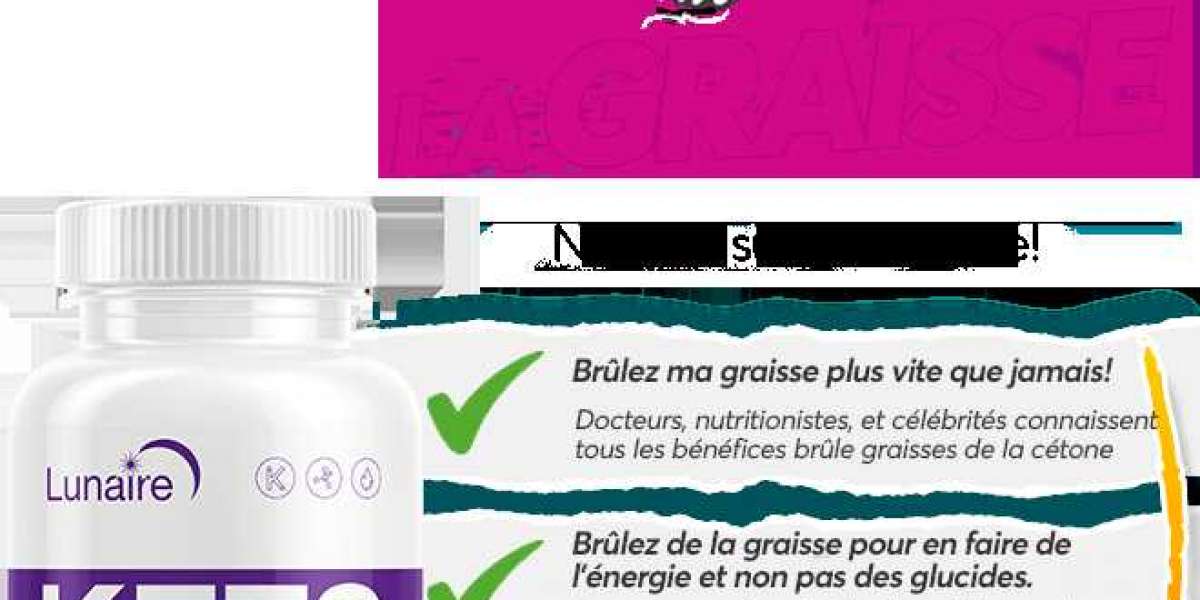Alcohol addiction is a serious problem that affects a person’s relationships, work and health. It is important to recognize early warning signs and seek treatment sooner rather than later. If you think you are drinking too much, talk to your doctor or a mental health professional. People can get help through alcohol treatment programs and support groups like Alcoholics Anonymous.
Moderate drinking is healthy, but if it becomes a habit that makes you miss out on other activities, causes problems at home or work or leads to dangerous behaviors, it can become problematic. Having five or more drinks in one day is considered binge drinking. Drinking more than you can handle can cause a variety of symptoms, including nausea, stomach aches and loss of coordination. It can also make you depressed or anxious, and it can lead to dangerous behavior like driving while drunk or having unsafe sex.
If you are addicted to alcohol, it can affect your memory and judgment. You may lose track of time, forget things and even black out from excessive drinking. You might start lying to others about how much you’re drinking or hide evidence that you’re drinking too much. Your behavior can also become violent or aggressive if you’re drinking too much.
In the second phase of alcohol addiction, a person’s ability to perform daily tasks is affected. This is because the prefrontal cortex, which controls executive function, is compromised by alcohol use disorder. People in this stage are preoccupied with alcohol and can’t manage their lives and responsibilities. They are also irritable and angry, and they often have trouble thinking clearly.
At this stage, a person may need to drink more and more to feel the same effect. They may have withdrawal symptoms when they stop drinking, such as sweating, restlessness, shakiness, insomnia, nausea and vomiting, hallucinations, a racing heart, anxiety and feelings of malaise or dysphoria. Alcohol withdrawal can be life threatening, especially if you’ve been drinking heavily for a long period of time.
Treatment for alcohol addiction starts with a program of detox and withdrawal, which can be medically managed at a rehab center or hospital. Then you will move to a therapy program, which can be individual or group therapy or both. Individual therapy helps you identify the roots of your alcohol addiction and learn to cope with negative emotions without turning to alcohol. Group therapy helps you build motivation and accountability with other people who are working on the same goal. Cognitive-behavioral therapy, or CBT, focuses on teaching you to change your thoughts and behaviors and practice new skills.
Recovery can take a long time, and some people who go through treatment relapse and begin drinking again. Don’t give up if you experience a relapse, and be sure to continue your therapy. Many people find that joining a support group, such as Alcoholics Anonymous or SMART Recovery, helps them stay sober. These groups are not led by therapists, but they can provide valuable support as you recover and help keep you on track to reach your goal of recovery.



